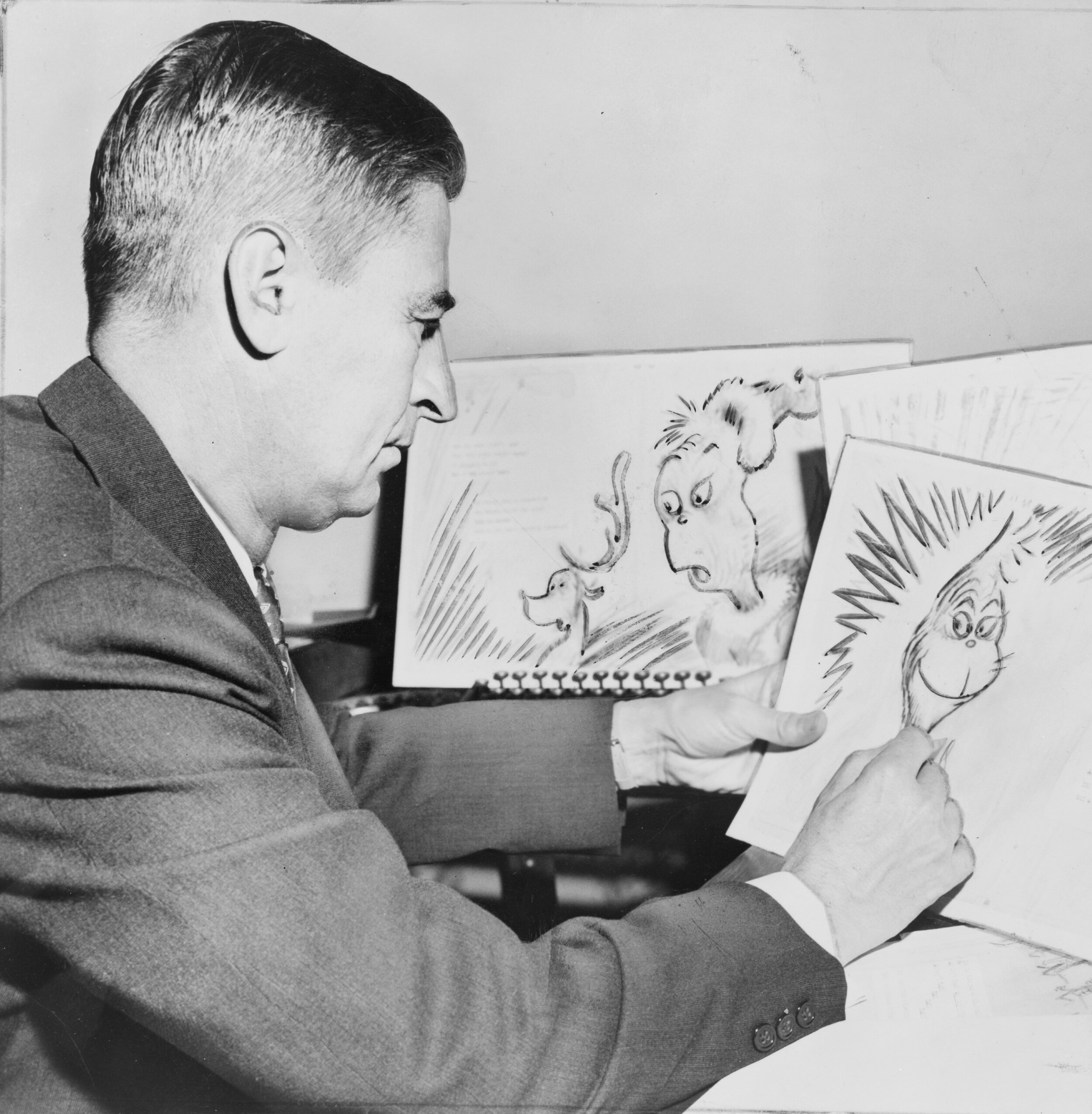The History of Nerds
Did you ever wonder where the word “nerd” came from? The word was first appeared in print in Dr. Seuss’s book If I Ran the Zoo in 1950.
“And then, just to show them, I'll sail to Ka-troo
And bring back an It-kutch, a Preep and a Proo,
A Nerkle, a Nerd, and a Seersucker, too (Seuss 2014)!”
Like most words, the meaning of the word nerd evolved over time. It began as a nonsensical term, but was in reference with a seersucker, which was a common, lightweight cotton fabric, usually stripped or checkered. In the 1950’s, boys often wore railroad-stripe overalls made of seeksucker until they were old enough to wear jeans. Adults also made formal clothing from seersucker fabric in hot climates, particularly the South and Southwestern U.S. (Hunter and Hunter 2000). A nerd being associated with seersucker fabric in Dr. Seuss’s rhyme was seen as most un-cool (Merriam-Webster).
While Dr. Seuss holds claim to the first known printed use of the word, there is debate as to whether Dr. Seuss himself coined the word. In 1987, PC Magazine columnist, John C. Dvorak collected theories as to the origin of the word nerd. A graduate from Rennselaer Polytechnic Institute suggested that nerd derived from the college slang, knurd, drunk spelled backwards. Knurd implied someone who would rather study than party (Zimmer 2011).
In October of 1951, Newsweek published a story about new slang, including nerd. "In Detroit," it notes, "someone who once would be called a drip or a square is now, regrettably, a nerd, or in less severe cases, a scurve (Merriam-Webster)."
The term continued to spread in popularity from the 60’s into the 70’s. The term began to take on a connotation of bookishness and social ineptitude. Nerd became more common in written text as compared to lists of slang words. By the end of the 70’s, nerd had gain notoriety in common conversation, referencing someone who was “socially inept but brainy (Merriam-Webster).”
By the 1980’s, the term became associated with the rapidly growing technology industry. Nerd now described someone who was good with computers, kept a “nerd pack” (plastic pen holder) in their breast pocket, and wore large, unfashionable glasses (Merriam-Webster).
As technology continued to become more and more mainstream, the connotation of a nerd became less negative and continued to broaden. Now, people associate themselves as being types of nerds, meaning someone has a depth of knowledge of a particular subject, from computers to films to dinosaurs. Nerd evolved from being an insult to a compliment.
Cosplayer Instagrams from final image:
Sakura: @janibutten
Sasuke: @lunarblaze88
Naruto: @wysiwyg_visions
References
Seuss, Theodore. If I Ran The Zoo. Random House Books for Young Readers, 2014.
Merriam-Webster. “The Many Origin Stories of 'Nerd'.” Merriam-Webster, Merriam-Webster, www.merriam-webster.com/words-at-play/word-history-nerd.
Hunter, Cecilia Aros, and Leslie Gene Hunter. Texas A & M University, Kingsville. Arcadia Publishing, 2000.
Zimmer, Ben. “Birth of the Nerd.” Boston.com, The Boston Globe, 28 Aug. 2011, archive.boston.com/bostonglobe/ideas/articles/2011/08/28/birth_of_the_nerd/.




